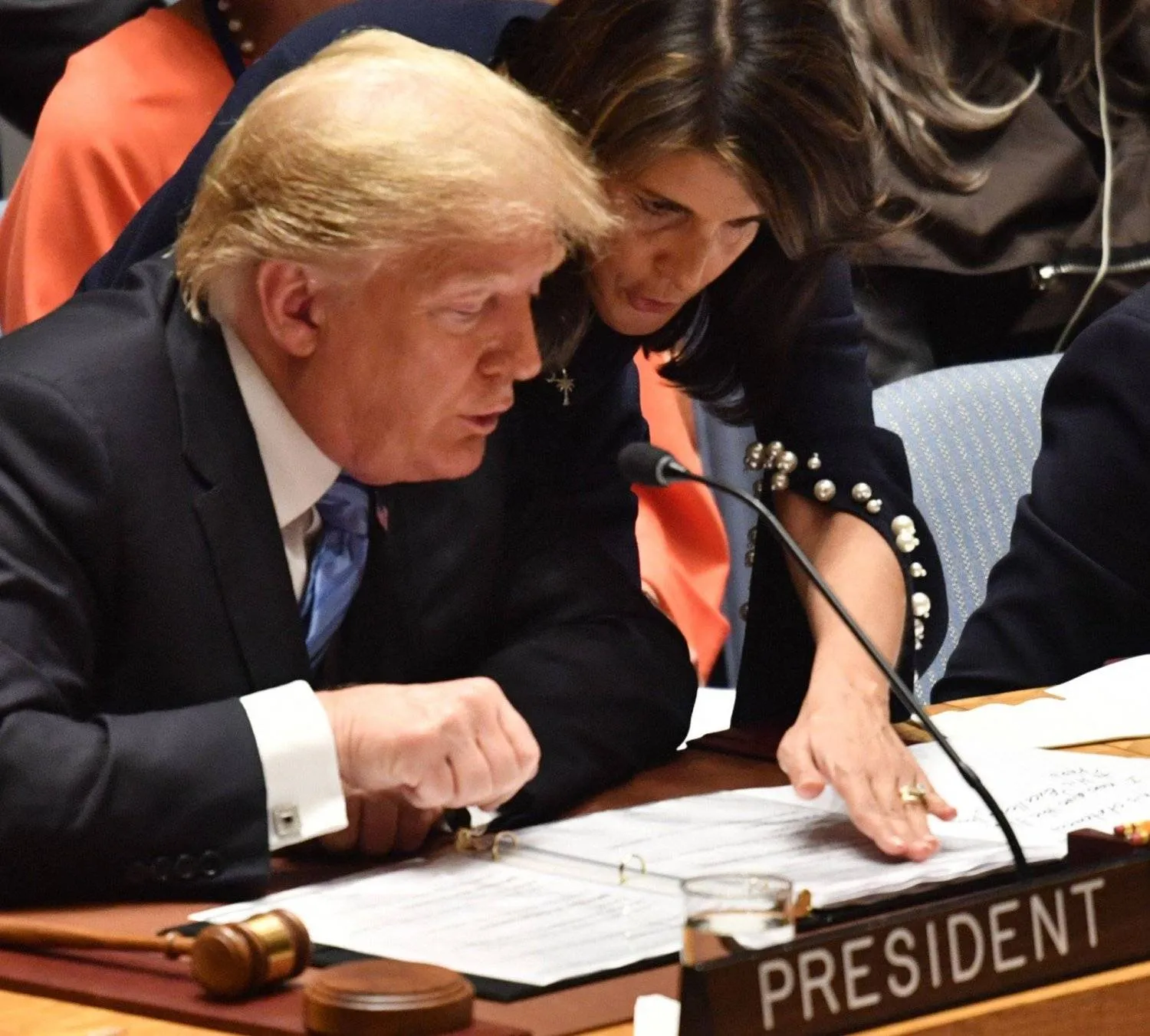The historic trial of Donald Trump enters its final act Tuesday, with closing arguments to the jury who must then decide whether to hand down the first ever criminal conviction of a former US president.
Less than six months before American voters choose whether to return Trump to the White House, the stakes riding on the verdict are hard to overstate -- for the 77-year-old personally, but also for the country as a whole, AFP said.
Trump is accused of falsifying business records to buy the silence of porn star Stormy Daniels about a 2006 sexual encounter between them that could have damaged his 2016 presidential bid.
If convicted, he faces up to four years in prison on each of 34 counts, but legal experts say that as a first-time offender he is unlikely to get jail time.
Crucially, a conviction would not bar Trump from appearing on the ballot in November as the Republican presidential challenger to Democrat Joe Biden.
It has taken nearly five weeks, the testimony of more than 20 witnesses and a few courtroom fireworks to reach closing arguments -- the last chance for the prosecution and defense to impress their case on the anonymous, 12-member jury.
As expected, Trump chose not to testify in his defense -- a move that would have exposed him to unnecessary legal jeopardy and forensic cross-examination.
For a man who has always prided himself on being in charge and in control, the role of silent, passive defendant did not come easily.
At times it has been downright excruciating, especially when Trump was forced to sit and listen while Daniels recounted their alleged encounter in sometimes graphic detail.
Speaking to reporters before and after each day in court, Trump launched regular tirades against Judge Juan Merchan -- calling him "corrupt" and a "tyrant" -- and condemned the whole trial as "election interference" by Democrats intent on keeping him off the campaign trail.
The politics of the case were in full view in the final days when a coterie of leading Republicans -- including several vice-presidential hopefuls -- came to the court and stood behind Trump in a gesture of support as he spoke to the press.
In all, he was cited 10 times for contempt of court and fined $10,000 by Merchant for failing to heed a gag order prohibiting him from publicly attacking witnesses, the jury, court staff or their relatives.
The judge has said he expects closing arguments to take up all of Tuesday.
He will then give his final instructions to the jury, who will likely begin their deliberations on Wednesday.
To return a guilty or not guilty verdict requires unanimity. Just one holdout means a hung jury and a mistrial.
- Other cases -
Aside from Daniels, the key prosecution witness was Michael Cohen, Trump's former "fixer" turned bitter foe who arranged the $130,000 hush money payment.
Walking jurors through the reasoning behind the payments, Cohen said they were made "to ensure that the story would not come out, would not affect Mr. Trump's chances of becoming president of the United States."
Trump's defense team devoted most of their questioning trying to discredit Cohen, recalling that he had admitted lying to Congress and spent time in prison for tax fraud.
The defense called only two witnesses of their own before resting.
In addition to the New York case, Trump has been indicted in Washington and Georgia on charges of conspiring to overturn the results of the 2020 election.
He also faces charges in Florida of allegedly mishandling classified documents after leaving the White House.
None of those trials are expected to take place before the November election.
Trump Trial Reaches Its End Game

Former US President Donald Trump talking with former Former US Ambassador to the United Nations Nikki Haley during a Security Council session in September 2018 (AFP)

Trump Trial Reaches Its End Game

Former US President Donald Trump talking with former Former US Ambassador to the United Nations Nikki Haley during a Security Council session in September 2018 (AFP)
لم تشترك بعد
انشئ حساباً خاصاً بك لتحصل على أخبار مخصصة لك ولتتمتع بخاصية حفظ المقالات وتتلقى نشراتنا البريدية المتنوعة







